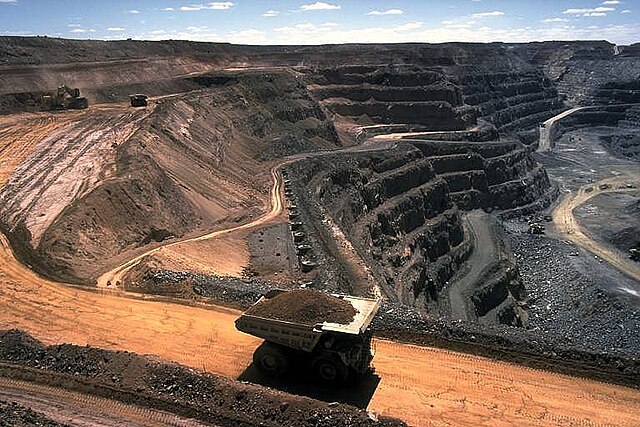The Environmental Impacts of Mining Minerals: Unveiling the Dark Side

Mining minerals plays a crucial role in various industries, providing essential raw materials for manufacturing and infrastructure development. However, the process of extracting minerals from the Earth's crust can have severe negative impacts on the environment. In this blog post, we will delve into the reasons why mining minerals is detrimental to the environment, exploring the ecological, social, and economic consequences associated with this practice.
- Habitat Destruction and Biodiversity Loss:
Mining activities often involve clearing large areas of land, leading to the destruction of natural habitats and the displacement of wildlife. The removal of vegetation and topsoil disrupts ecosystems, causing irreversible damage to biodiversity. Species that rely on specific habitats are at risk of extinction, disrupting the delicate balance of ecosystems. - Water Pollution:
Mining operations require vast amounts of water for processing minerals, leading to the contamination of nearby water sources. Toxic chemicals used in the extraction process, such as cyanide and mercury, can seep into rivers, lakes, and groundwater, posing a significant threat to aquatic life and human health. The pollution of water bodies can have far-reaching consequences for both local and downstream communities. - Air Pollution and Climate Change:
Mining activities release large quantities of dust, particulate matter, and greenhouse gases into the atmosphere. Dust and particulate matter can cause respiratory problems and other health issues for nearby communities. Additionally, the emission of greenhouse gases, such as carbon dioxide and methane, contributes to climate change, exacerbating global warming and its associated impacts, such as extreme weather events and rising sea levels. - Land Degradation and Soil Erosion:
Mining operations often involve the removal of topsoil, which is essential for plant growth and soil fertility. Without proper land reclamation measures, the exposed land becomes susceptible to erosion, leading to the loss of valuable soil resources. Soil erosion can result in reduced agricultural productivity, increased sedimentation in water bodies, and further habitat destruction. - Social and Economic Impacts:
Mining activities can have significant social and economic consequences for local communities. Displacement of indigenous peoples, loss of livelihoods, and conflicts over land rights are common issues associated with mining operations. Moreover, the economic benefits derived from mining are often short-term and unsustainable, leading to a reliance on a single industry that can collapse once mineral resources are depleted.
Conclusion:
Mining minerals may be essential for various industries, but the environmental costs associated with this practice cannot be ignored. The destruction of habitats, water pollution, air pollution, land degradation, and social and economic impacts are all significant concerns. It is crucial for governments, industries, and communities to prioritize sustainable mining practices, incorporating environmental safeguards and promoting responsible resource management. Only through such measures can we mitigate the negative impacts of mining and strive towards a more sustainable future.